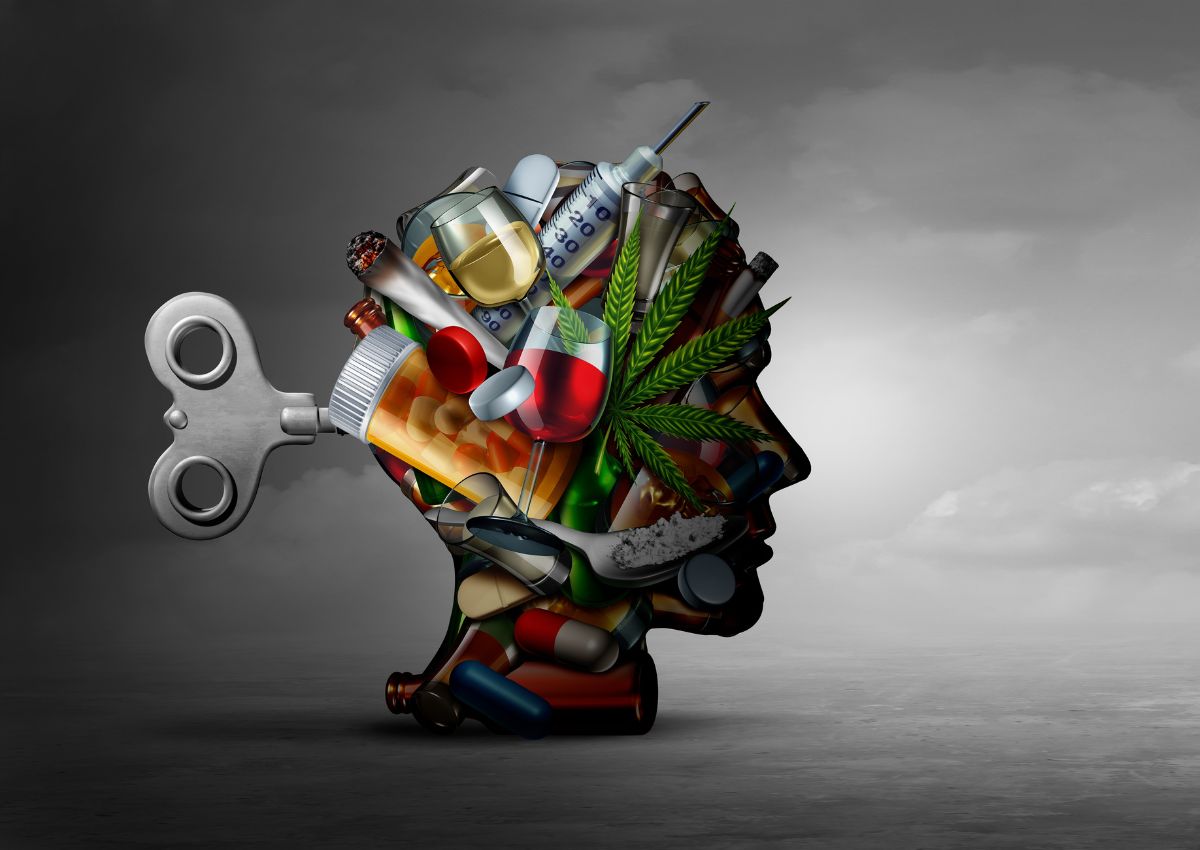During the pandemic, we saw many places closing down – fashion stores, boutique patisserie shops, some fast-food chains, pubs and clubs, as well as dental clinics, dermatologists, mental health services and addiction clinics.
Because of the many lockdowns and their measures, rehabs had to close their doors for new admissions, regardless of how many people needed help. Can’t get a whole facility for initial admission and a 2-week quarantine? Can’t stay open. We also heard of many people who were afraid to go to the hospital because of possible exposure.
Lockdown Rules for Rehabs
To set the record straight, let’s remind ourselves about the rules which were put in action during the various lockdowns in England and the UK in general.
In March 2020, the government decided to impose strict lockdown measures across the country. This was done to slow the spread of COVID-19 (the virus that causes coronavirus disease). The aim is to stop the number of cases from rising any further. In addition, it was meant to protect vulnerable groups such as older adults and those with chronic conditions.
The problem with this strategy is that it will have a major impact on rehabilitation centres. For example, if a patient needs rehab for alcohol addiction but can’t come into the centre due to lockdown, then it might be difficult to treat them effectively. If they cannot recover at home, they may need to be admitted to rehab. However, because fewer beds are available in rehab facilities than there used to be, these patients might have to wait longer for treatment.
The bottom line: Lockdown measures are having a negative effect on anti-addiction strategies.
So, What Are Rehabs Doing Now?
After the pandemic and the lockdowns are done and dusted, rehabs are slowly reopening with full capacities. Many chose to refurbish both their facilities and their programmes. As the pandemic also saw a huge rise in mental health issues, one thing which many rehabs started using in 2022 is alternative therapies.
Alternative therapies are therapies which are not part of the traditional medical field such as music therapy, art therapy, massage therapy, acupuncture, behavioural therapies (cognitive behavioural therapy, dialectical behavioural therapy), motivational therapies and more.
These therapies give patients an opportunity to deal with the stress of the pandemic by working through their own problems. They use different methods to help patients overcome trauma, improve sleep quality, manage anxiety and depression, increase self-esteem, reduce stress levels, stimulate creativity, promote social skills and more.
At the same time, we’re seeing a rise in alternative treatments for addictions. Some of these include mindfulness meditation, yoga, hypnotherapy, nutritional interventions (such as a ketogenic diet) and more. All of these techniques help patients fight against cravings, enhance motivation, help them cope better with stressful situations and boost overall wellbeing.
Although alternative therapies are still being researched, they seem to work very well! And because they don’t require a doctor’s prescription, they can be offered by rehab professionals without a hassle.
Preparing to Start Treatment Sounds Awful, Right? Here Are Five Ways to Feel More Motivated!
If you’re thinking about starting rehab, you should know that it doesn’t sound good. It sounds awful. It sounds like something you want to avoid at all costs. But let us tell you, it’s actually much easier than you think.
Here are some things you can do to get motivated to start rehab:
1. Talk To Someone Who Has Been There Before
First of all, talk to someone who has been there before. A friend or family member who has gone through rehab themselves is great. You can ask them how they felt during their stay and what helped them feel better.
2. Remember That It Will Be Over Soon
It will be over soon. Your life will return back to normal; your friends will return, your family will return, and your job will return. This means that you won’t have to worry about anything except getting your life back together. Don’t forget that.
3. Plan Ahead
You should plan ahead for your journey towards recovery. Think about what kind of support system you would need while going through rehab. Would you need a sponsor? Or maybe you could find a local 12 step group nearby. In any case, you should make sure that you’ve got plans ready for when you leave rehab.
4. Find Something Positive
There are so many positive aspects to rehab. It helps people change their lives around for the better. It teaches you new skills and gives you a chance to live a healthier lifestyle. While you may feel overwhelmed by everything that’s happening, try to look for the positives.
5. Do What You Can
There are certain things that you can control, but others that aren’t up to you. For example, if you want to quit smoking, then you’ll have to quit smoking. But you can’t force anyone else to stop smoking either. So instead, focus on doing what you can to help yourself.
Rehab Is The Best Way Forward – And Not Just Because It Helps With Addiction
Addiction is a serious problem that affects millions of people across the globe. If left untreated, this issue can lead to serious health issues and even death. Fortunately, there are solutions. One of those solutions is rehab. Rehab is the best way forward for those struggling with substance abuse. When you enter into a rehab facility, you will learn about different types of addiction and why they occur. You will also receive professional advice and help from experienced staff members who will guide you through each stage of your journey.
The first thing you must understand about rehab is that it isn’t just for drug addicts. Anyone who struggles with substance abuse can benefit from it too. People who struggle with alcoholism, gambling problems, overeating, compulsive shopping, sex addictions, etc., can all use rehab.
Rehab Isn’t Always Necessary
Of course, not everyone needs rehab. Some people simply need counselling and education. They need to learn coping strategies to deal with their mental health issues. Others only need an intervention to teach them how to cope with these issues. However, seeking treatment before it’s gotten worse is the best thing you can do for yourself, your future and your loved ones.












